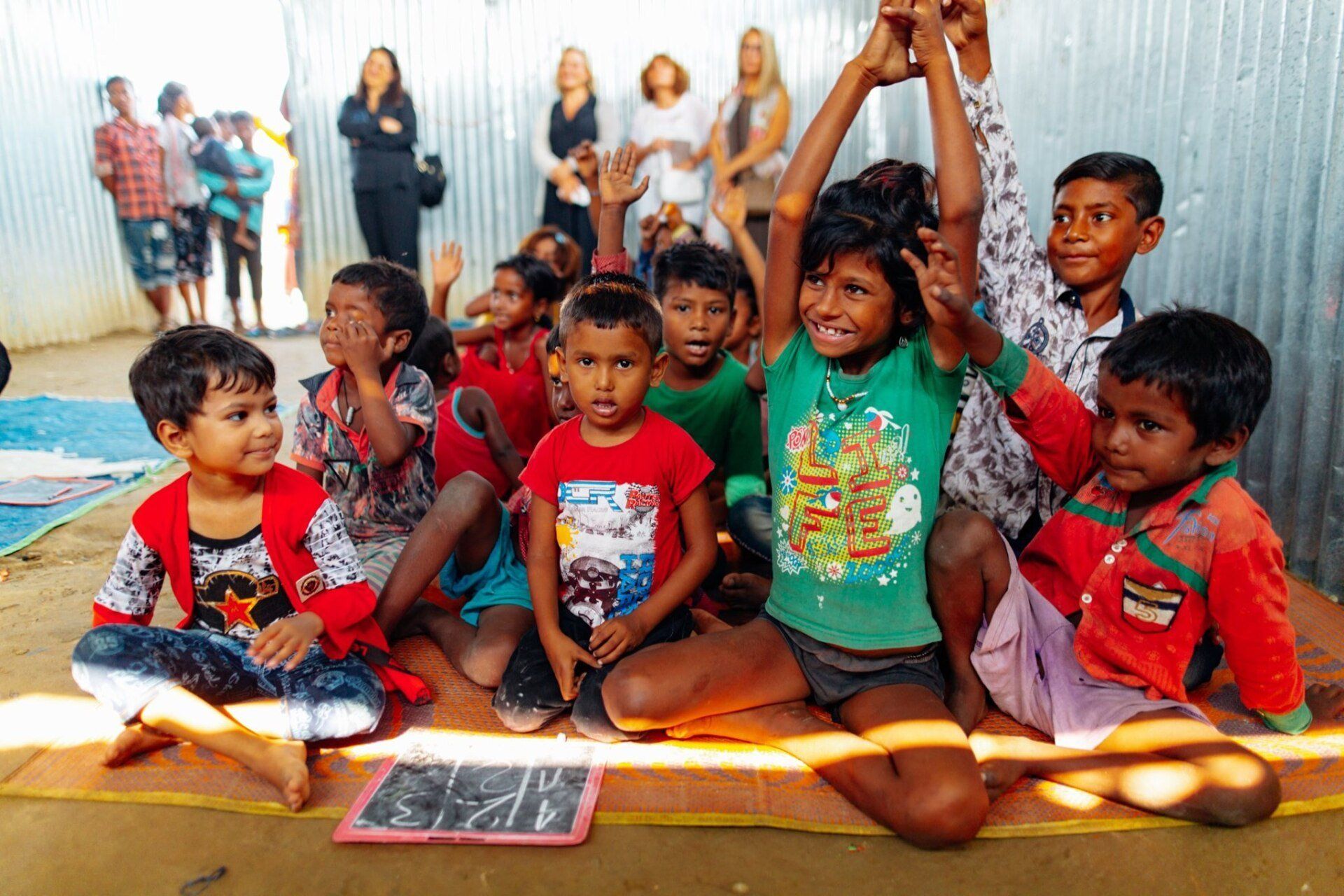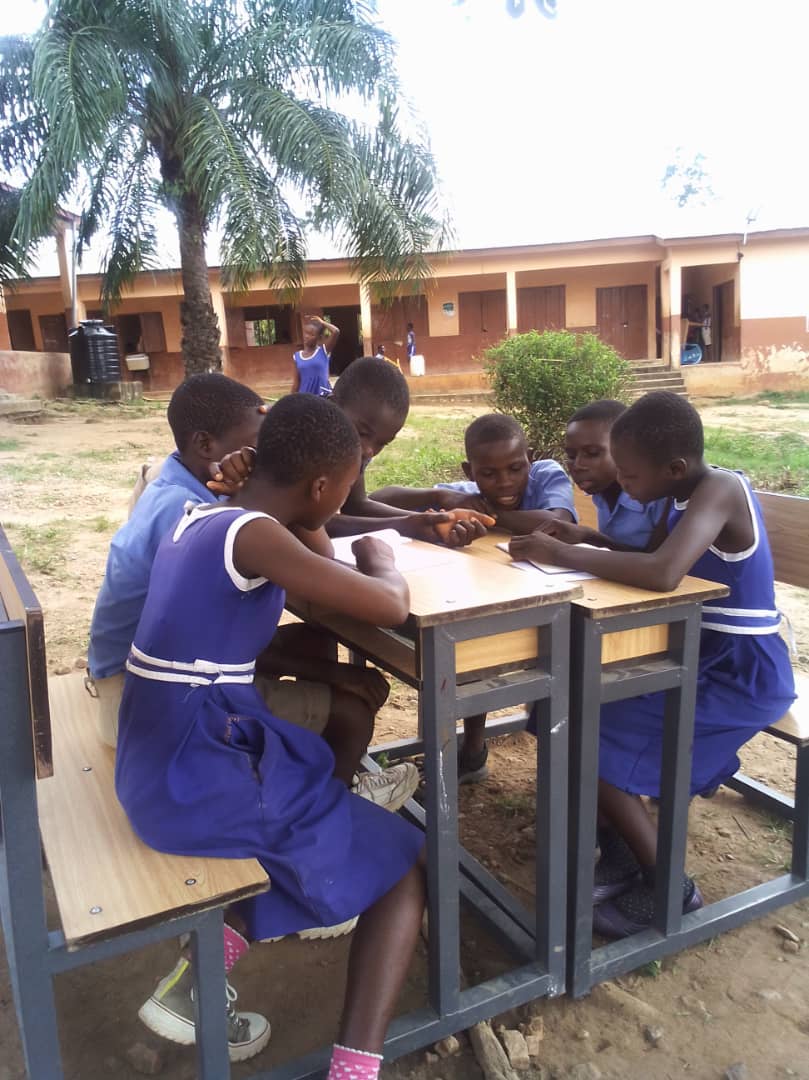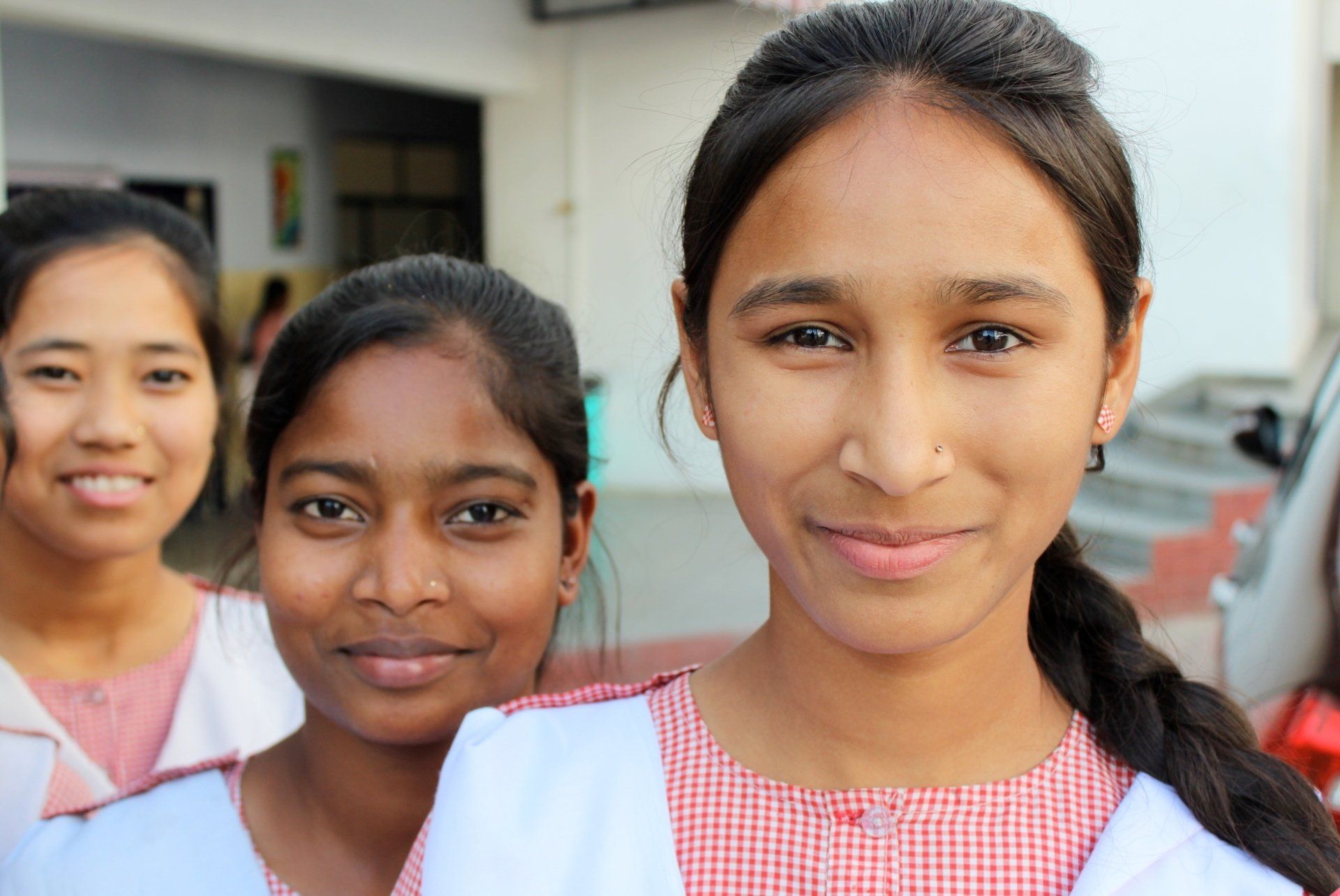Barli Institute for Development
Indore, India
Since 1985, Barli Institute has provided educational and empowerment programming to young, rural women. Barli offers a six-month residential training program with curricula on literacy, vocational skills, and community development.
Barli's graduates become agents of transformation in their communities, leading social and economic development. Establishing businesses that promote local economic development, sharing their knowledge of literacy and health, and challenging established gender norms.
To-date, Barli has trained over 15,000 women from 840 villages, impacting and improving the lives of thousands more.
Barli is recognized by UNESCO as one of the top 100 education projects in developing countries.
Program Components:
Vocational Skill Development
- Cutting and Tailoring program
- Skill development for establishing financial independence
- Certificate of completion allows them to apply for small business loans to establish their own tailoring shops
- At the end of the program, students can appear in the Cutting & Tailoring examination conducted by the National Institute of Open Schooling (NIOS), an institution under the Ministry of Human Resource Development, Government of India.
- 94% of students contribute to their families income
- 60% of graduates establish their own businesses
Program Components
Education
- 10-15% of students arrive illiterate
- 100% pass the national literacy exam after the 6 month training.
- The trainees learn about health and hygiene, women’s rights, conflict resolution, and community service.
- UNEP conferred the Barli Institute with the Global 500 Roll of Honour for outstanding environmental achievements for helping to eradicate Guinea worm by working in 302 villages of Jhabua district. This award was presented in the The Earth Summit held at Rio De Janiero in 1992.
Program Components:
Sustainable Development
The trainees learn about organic farming, solar cooking, health and hygiene, women’s rights, conflict resolution, and community service.
The use of solar cookers offers a variety of social, health, and environmental benefits:
- Reduced use of wood: Saves 150 trees per month at Barli
- Method of drying herbs for traditional remedies
- Solar drying of surplus promotes food security
- More involvement of men in cooking
- Increased safety
What we do
- Provide funding for program and training costs, operational expenses, scholarships, and teacher training
- Every 1$ invested in education yields $10 in economic growth



